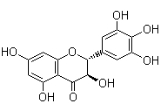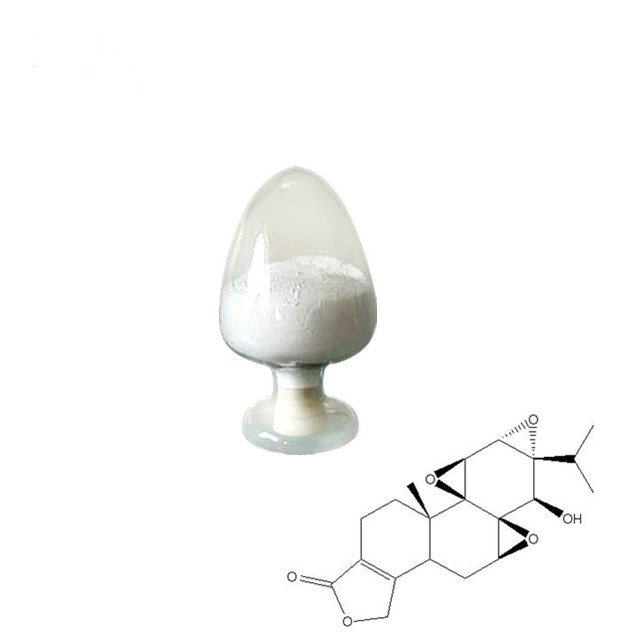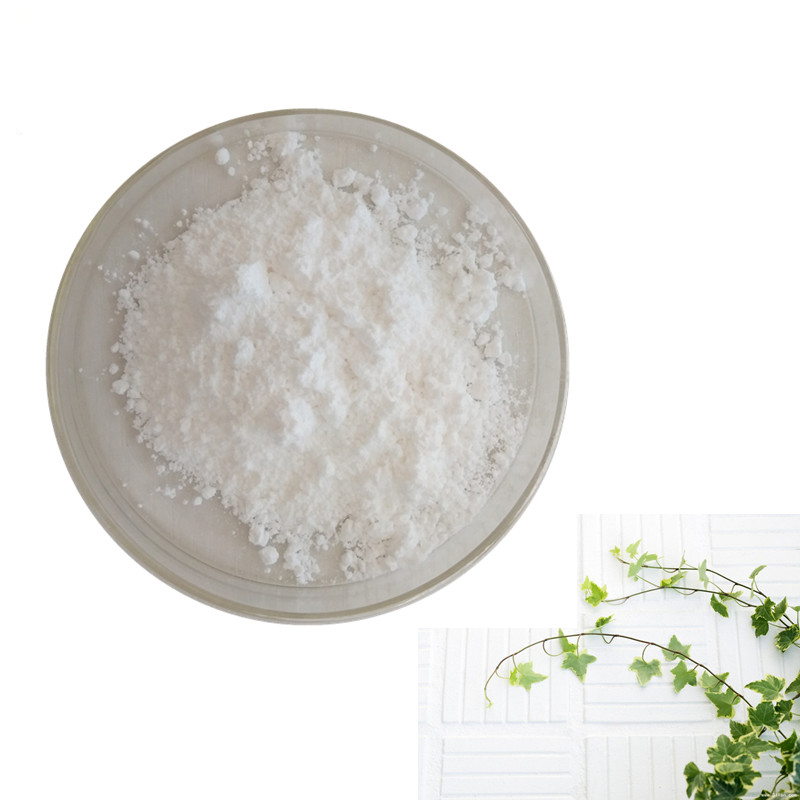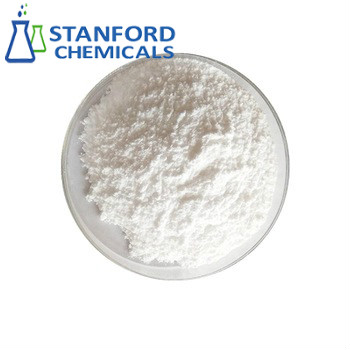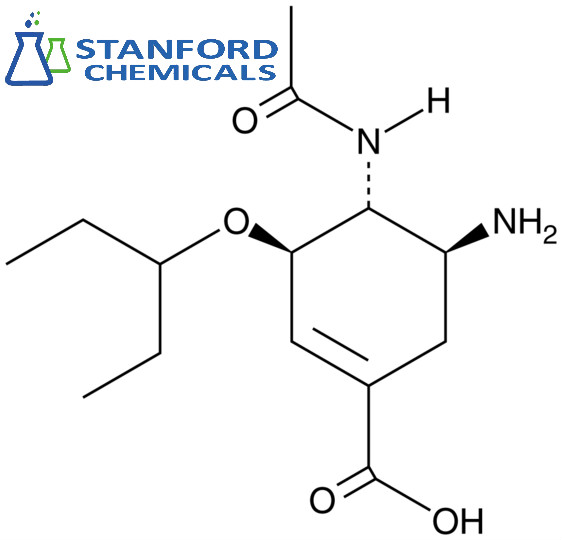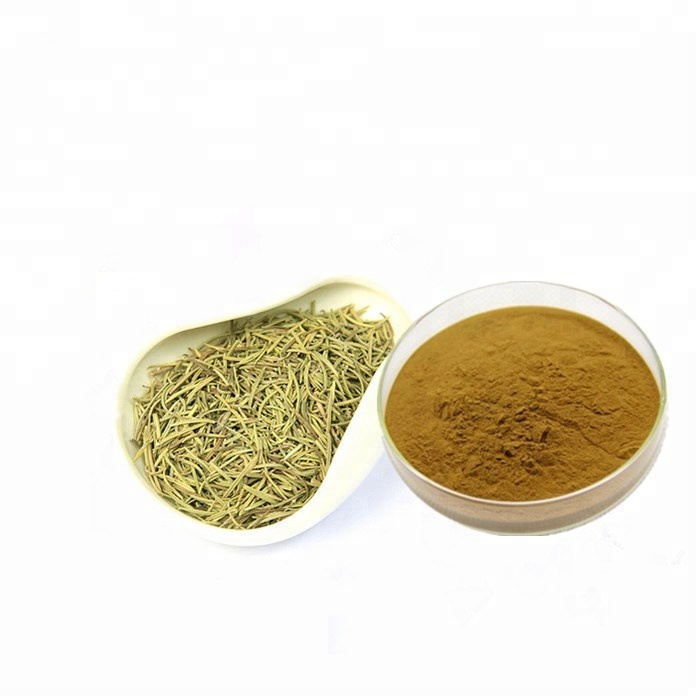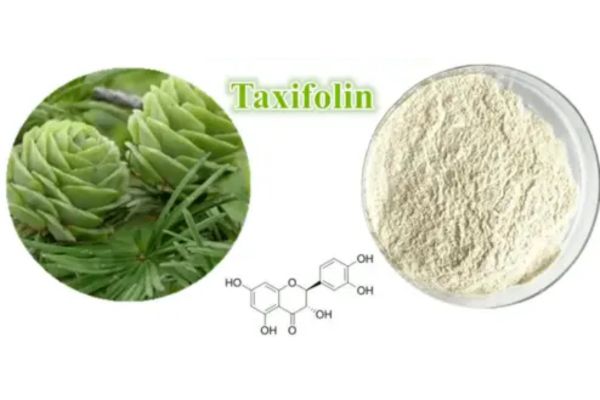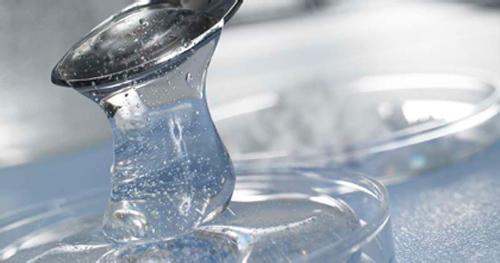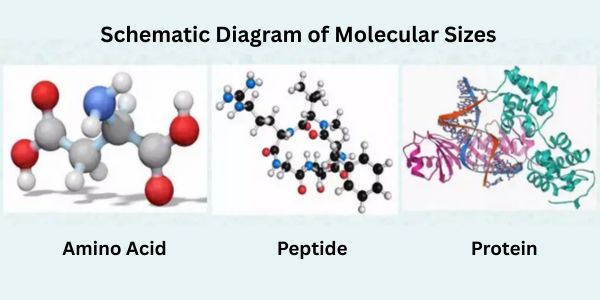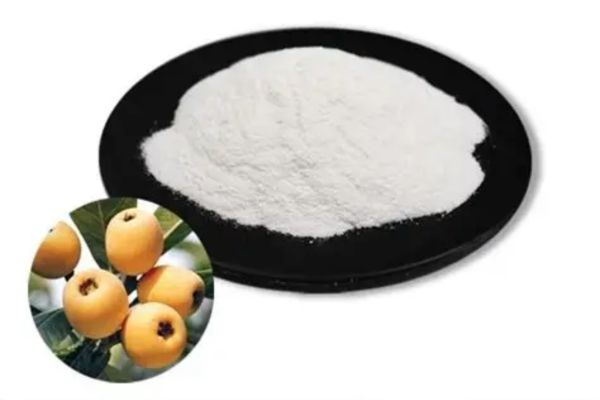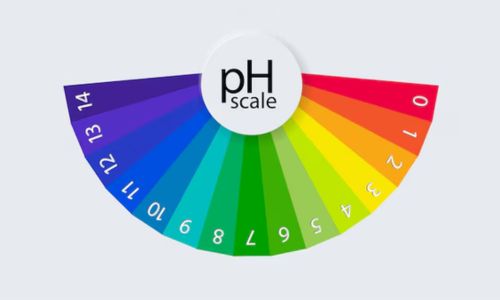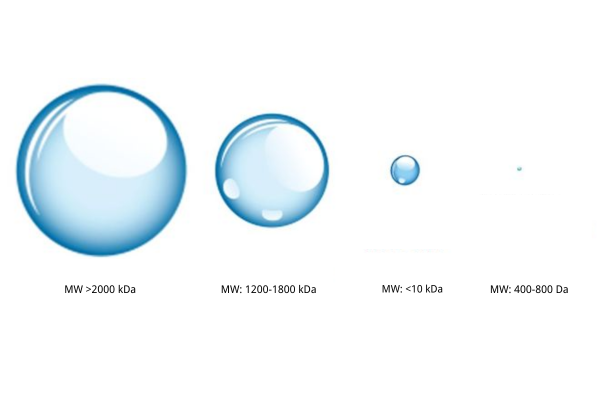Monocalcium phosphate (MCP) is a source of essential nutrients like phosphorus and calcium. It is a compound formed by the reaction of calcium hydroxide and phosphoric acid. The chemical equation for the reaction is:
Ca(OH)2 + H3PO4 → Ca(H2PO4)2 + 2H2O
The resulting product is then purified, dried, and made into a white powder. MCP has a variety of uses, from leavening agents to animal feed and fertilizers. Therefore, it is commonly used in food, animal feed, and agriculture industries.
Monocalcium Phosphate in Food
Monocalcium phosphate (MCP) is a common food additive with multiple functions in food.
--Benefits of Monocalcium Phosphate in Food
Nutritional Benefits: MCP is an important source of calcium and phosphorus, which are crucial for bone health and various physiological functions. Adding MCP can enhance the nutritional value of food, meeting the mineral needs of consumers.
Functional Benefits: MCP is commonly used as a leavening agent, especially in baked goods. It reacts with baking soda to produce carbon dioxide, which helps dough or batter rise, making baked products fluffier and larger in volume. MCP can also be used to adjust the pH level of food, ensuring product stability and safety. For example, dairy products like yogurt and cheese help maintain the ideal acid-base balance. Additionally, in some dressings and sauces, MCP acts as an emulsifier, helping oil and water components mix, improving the texture and mouthfeel of the product.
Food Quality Benefits: Using MCP can improve the texture of food, making it softer and finer. For instance, the texture of baked goods and puddings can be significantly improved. Furthermore, MCP enhances food stability and extends shelf life. In beverages and instant foods, MCP can prevent ingredient separation, maintaining product consistency.
--Common Uses of Monocalcium Phosphate in Food
- Baked Goods: MCP is widely used in cakes, muffins, pancakes, and other baked goods to ensure proper rising and texture.
- Processed Foods: It can be found in instant puddings, sauces, and salad dressings.
- Beverages: Some fortified drinks use MCP to enhance calcium content.
- Dairy Products: MCP is sometimes added to dairy products to adjust pH levels and improve texture.

Fig 1. Bread and yogurt with added Monocalcium Phosphate
Monocalcium Phosphate in Feed
Monocalcium phosphate (MCP) is not only widely used in food but also an important nutritional additive in the feed industry.
--Benefits of Monocalcium Phosphate in Feed
- Providing Phosphorus and Calcium: MCP is an efficient source of phosphorus and calcium, both crucial for animal bone development, energy metabolism, and various physiological functions.
- Promoting Growth: By providing essential phosphorus and calcium, MCP can promote animal growth and development, increasing feed utilization and production efficiency.
--Applications of Monocalcium Phosphate in Feed
- Poultry Feed: Adding MCP to the feed of chickens, ducks, and geese can promote bone development, enhance eggshell quality, and increase egg production rates.
- Pig Feed: Using MCP in pig feed helps maintain bone health and supports rapid growth, especially in piglets and sows.
- Ruminant Feed: For cattle, sheep, and other ruminants, MCP helps balance calcium and phosphorus, promoting growth and milk production.
- Aquatic Feed: In the feed of fish and shrimp, adding MCP can enhance bone and shell development, improving survival rates and growth speed.
Monocalcium Phosphate in Fertilizer
Monocalcium phosphate (MCP) is also a crucial fertilizer component in agriculture.
--Roles of Monocalcium Phosphate in Fertilizer
MCP is an efficient phosphorus fertilizer that provides plants with usable phosphorus. Phosphorus is one of the three major nutrients required for plant growth, essential for energy transfer, root development, and flowering. Additionally, MCP has good water solubility, allowing it to dissolve quickly in soil water and be absorbed by plant roots, enhancing fertilizer efficiency.
--Types of Monocalcium Phosphate Fertilizers
- Single Phosphate Fertilizer: MCP can be used directly as a single phosphate fertilizer, providing efficient phosphorus nutrition.
- Compound Fertilizer: MCP is often added to compound fertilizers, combined with other nutrients (like nitrogen and potassium), creating a balanced nutrient fertilizer that meets various plant growth needs.
Safety of Monocalcium Phosphate
Monocalcium phosphate (MCP) is widely used in food, agriculture, and feed industries, and its safety has been thoroughly researched and certified.
--Safety certification of monocalcium phosphate
As a food additive, MCP is classified as "Generally Recognized As Safe" (GRAS) by the FDA, meaning it is safe to use within the recommended dosage. Regulatory agencies such as the European Food Safety Authority (EFSA) provide clear guidelines and regulations to limit the use of MCP in food, ensuring consumer safety. As a fertilizer and feed additive, MCP is easily decomposed and absorbed in the environment, posing no pollution risk to soil and water sources. Its use in feed is also considered safe, with no adverse effects on the health of poultry, livestock, and aquatic animals.
--Precautions for Using Monocalcium Phosphate
- Reasonable Dosage: Whether in food, agriculture, or feed, the key to using MCP is to follow relevant regulations and guidelines to avoid overuse.
- Quality Control: Choose high-quality MCP products to ensure purity and compliance with standards, avoiding impurities and harmful substances that could affect health and the environment.
- Balanced Nutrition: In feed and food, pay attention to the balance between MCP and other nutrients to prevent nutritional excess or deficiency.
--Does Monocalcium Phosphate Cause Cancer
Current scientific research and regulatory assessments indicate that Monocalcium Phosphate (MCP) does not cause cancer when used within the recommended dosage. Evaluations by EFSA (European Food Safety Authority) have found no cancer risk associated with MCP, deeming its use in food safe. Extensive toxicological studies have shown that MCP's use in food and feed does not pose acute or chronic toxic effects to humans or animals. Furthermore, MCP does not cause cell mutations or other cellular damage that could lead to cancer at normal usage concentrations.
Stanford Chemical Company (SCC) is a high-quality supplier of food additives and feed ingredients. Our products have comprehensive certificates of analysis. We not only provide high-quality and safe Monocalcium Phosphate but also various food and feed additives such as Sodium Hyaluronate, Chondroitin Sulfate, Dihydromyricetin, Herbal Extract, etc. For more information about these products or specific applications, please feel free to contact us and check out our pages.
Conclusion
Monocalcium Phosphate (MCP) is a versatile and valuable additive in the food, feed, and fertilizer industries. Its benefits, including nutritional enhancement, functional improvement, and safety, make it a widely accepted and essential component in various applications. By adhering to regulatory guidelines and ensuring proper usage, MCP can continue to contribute positively to health and agricultural productivity.


